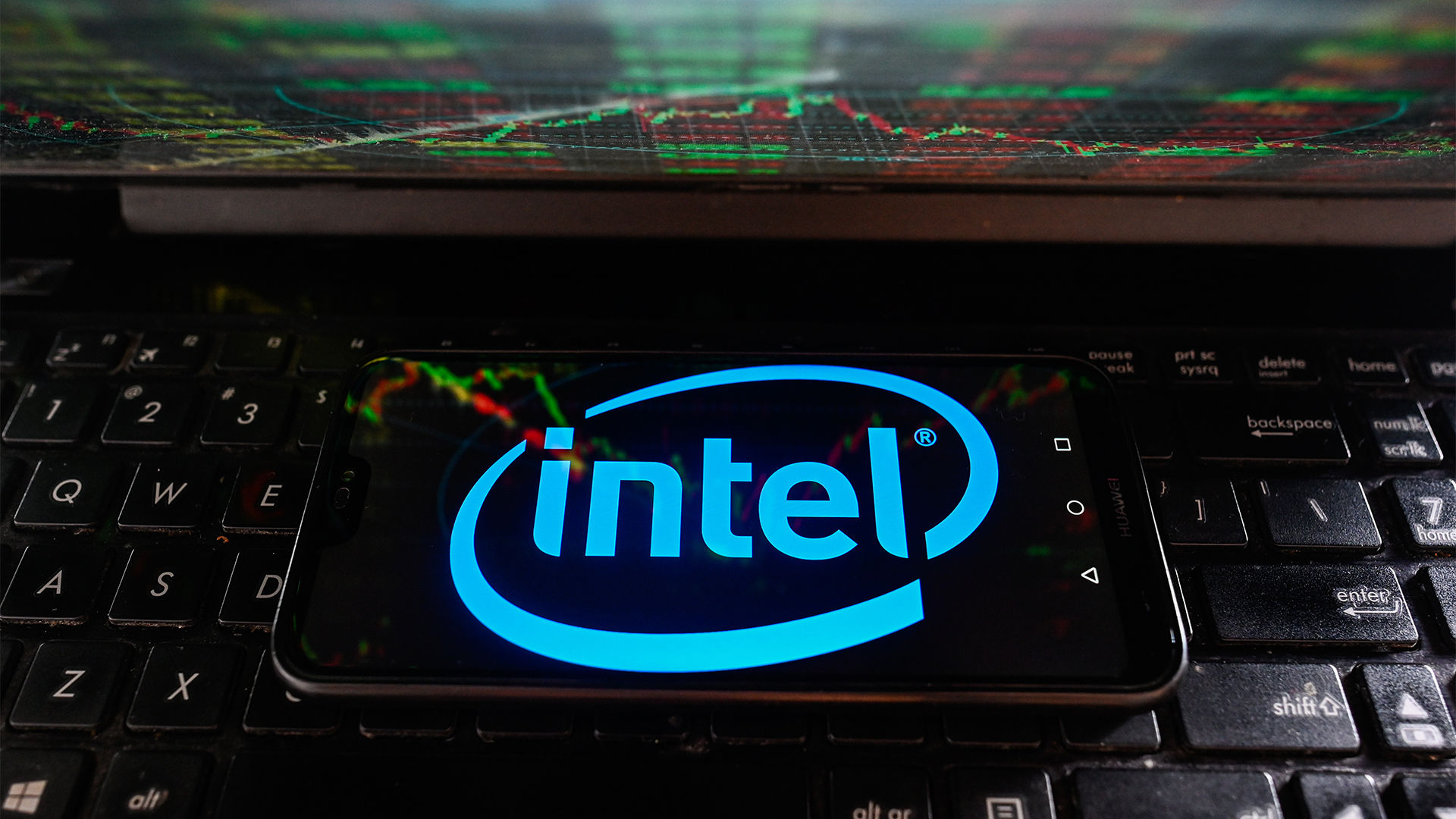Could your next IT project come from Brazil?
Brazil is emerging as an IT powerhouse, with attention from all the big names in tech such as Microsoft, Google and Intel.


Significant growth
The Brazilian IT industry is starting to be significant. There are over 4,000 IT companies in Brazil and it's the 12th largest producer of software and services.
TOTUS is the big name in Brazilian IT. The seventh largest ERP company in the world, it has over 40 per cent market share in Brazil and it's already acquired most of its local competition and has branched out into a wide range of IT services.
Pedro dos Passos, the manager of venture capital for BNDES calls it "the biggest and most valuable Brazilian software company" and it's multiplied BNDES's investment more than twentyfold.
Modulo is another success story, with thousands of installations of its Risk Manager compliance tool in Europe and the US. "it's very widely accepted in the US and is becoming a reference in IT," claims Arnaldo Bacha of SOFTEX.
But Brazil's most popular technology export is Lua the scripting language developed at the University of Rio and that's free software distributed under a licence that says "you are free to use Lua for any purpose at no cost without having to ask us."
Lua is a fast, simple and powerful scripting language that's become the standard for games. World of Warcraft is written in Lua, as are Baldur's Gate, The Sims, FarCry, Escape from Monkey Island and many others. Adobe turned to Lua to create Lightroom.
Get the ITPro daily newsletter
Sign up today and you will receive a free copy of our Future Focus 2025 report - the leading guidance on AI, cybersecurity and other IT challenges as per 700+ senior executives
Lua is one of the reasons why Rezende can call Brazil "one of the three key IT centres in the world".
But just as the government has moved from aggressively promoting open source to save costs and criticising commercial software companies like Microsoft to saying that there's room for all kinds of software in Brazil, software development in Brazil needs to move beyond the universities and a few success stories to become a much broader industry if Brazil is going to really compete with India, China and Silicon Valley.
Mary is a freelance business technology journalist who has written for the likes of ITPro, CIO, ZDNet, TechRepublic, The New Stack, The Register, and many other online titles, as well as national publications like the Guardian and Financial Times. She has also held editor positions at AOL’s online technology channel, PC Plus, IT Expert, and Program Now. In her career spanning more than three decades, the Oxford University-educated journalist has seen and covered the development of the technology industry through many of its most significant stages.
Mary has experience in almost all areas of technology but specialises in all things Microsoft and has written two books on Windows 8. She also has extensive expertise in consumer hardware and cloud services - mobile phones to mainframes. Aside from reporting on the latest technology news and trends, and developing whitepapers for a range of industry clients, Mary also writes short technology mysteries and publishes them through Amazon.
-
 Cleo attack victim list grows as Hertz confirms customer data stolen
Cleo attack victim list grows as Hertz confirms customer data stolenNews Hertz has confirmed it suffered a data breach as a result of the Cleo zero-day vulnerability in late 2024, with the car rental giant warning that customer data was stolen.
By Ross Kelly
-
 Lateral moves in tech: Why leaders should support employee mobility
Lateral moves in tech: Why leaders should support employee mobilityIn-depth Encouraging staff to switch roles can have long-term benefits for skills in the tech sector
By Keri Allan
-
 Why Intel is pushing for developers to adopt AI PCs
Why Intel is pushing for developers to adopt AI PCsNews A new Intel initiative aims to drive developer adoption of AI PCs and improve synergy with the hardware makers building these next-generation devices
By Steve Ranger
-
 Intel CTO: Open source ecosystem is “poorly written”
Intel CTO: Open source ecosystem is “poorly written”News Chipmaker calls on industry to improve contributions
By Adam Shepherd
-
 Tech giants lobby US to fund chip production
Tech giants lobby US to fund chip productionNews Industry heavyweights ask Congress for $50 billion in chip manufacturing subsidies
By Mike Brassfield
-
 The total economic impact of the Intel vPro® platform
The total economic impact of the Intel vPro® platformWhitepaper Save costs. Save time. Save the workday.
By ITPro
-
 Army of Intel engineers sets to work on iPhone chips
Army of Intel engineers sets to work on iPhone chipsNews Around 1,000 people are creating an LTE modem for the next iPhone
By Rene Millman
-
 Windows Server on ARM will flop like RT, says Intel
Windows Server on ARM will flop like RT, says IntelNews ARM chips will add complexity and overhead in the server space, Intel engineer claims
By Khidr Suleman
-
 Intel reveals Android Reference Program for budget tablets
Intel reveals Android Reference Program for budget tabletsNews The company's plans will allow Android tablets running Intel chips to hit the market faster
By Clare Hopping
-
 Android gets free McAfee security app
Android gets free McAfee security appNews Dell will also be the first to deploy Intel's revamped enterprise protection.
By Khidr Suleman